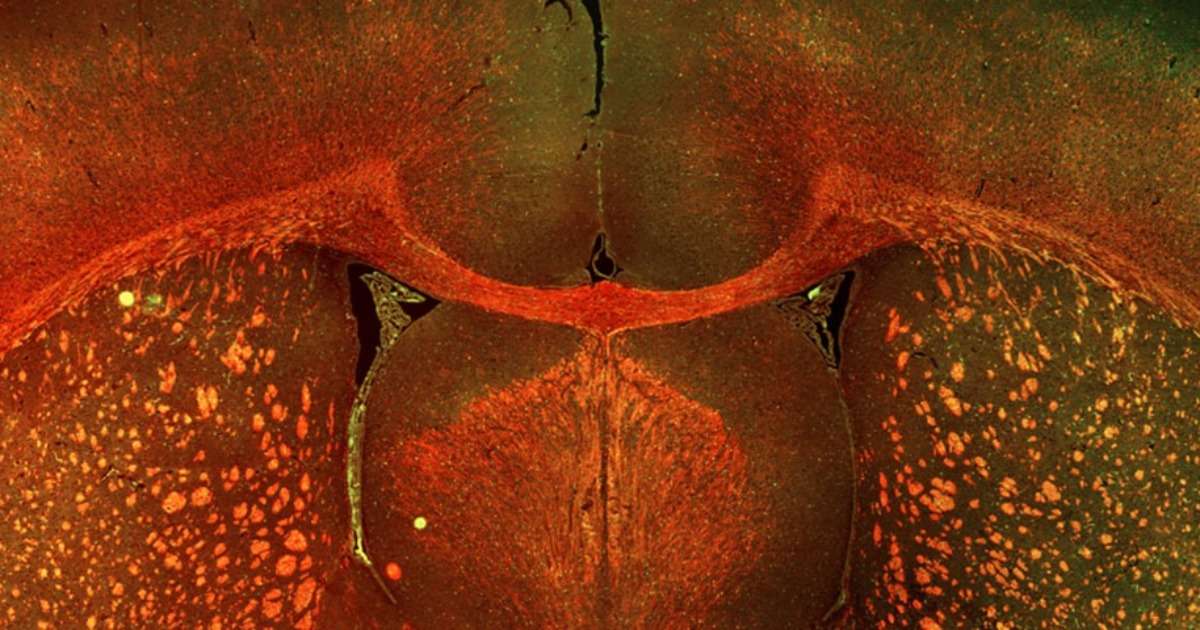Filter on
human behavior research categories

Improving patient safety
We all agree that communication in the operating room is essential. It saves time and ensures a better quality of patient care. Using the WHO Surgical Safety Checklist supports this. How can we learn to use this checklist?

What is RPPG?
Nowadays, measuring heart rate and heart rate variability can be done remotely, without all kinds of devices being attached to the test participant, using remote photoplethysmography (RPPG). What is RPPG and how does it work?

Measuring the user experience of tube feeding
Tube feeding has had a fascinating history, but there is still scope for innovation. Noldus will develop a system to measure its users' experience in the FoodFriend project.

Working memory and emotion regulation in children with ADHD
How can we understand emotional reactivity in children with ADHD? In the current study, Tarle and her colleagues examined the relation between emotion regulation and working memory in children with and without this disorder.

How do parenting practices relate to children’s nutrition risk?
Nutrition plays a vital role in children’s growth, development, and health. Researcher Walton and her team observed family mealtimes to gain a better understanding of children’s nutrition risk.

Emotional responses to infant crying
Hearing an infant cry can cause negative emotions, which can impact the way we respond. Researchers Riem and Karreman instructed parents to apply specific emotion regulation strategies in response to infant crying.

3 reasons to join us at Applied Human Factors & Ergonomics meeting (DriveLab)
The International Conference on Applied Human Factors and Ergonomics (AHFE) is held annually. Here is why you should attend.

Understanding consumer buying behavior
What predicts a sale, and what causes consumers to buy from a particular brand over another? To know how and why customers make decisions, you can take a deeper look at consumer behavior.

Studying posture development in infants at risk for autism
Research shows that early posture development is delayed in infants who are eventually diagnosed with an autism spectrum disorder (ASD). Understanding these delays helps to improve early diagnosis and intervention.

Reducing eating pace: a behavioral intervention for childhood obesity
Studies on eating behavior play an important role in preventing childhood obesity. Faith and his team examined the effectiveness of a family-based behavioral intervention to reduce eating pace.
Filter on
animal behavior research categories

Using gait analysis to analyze Parkinson’s in rat model
Contrary to common methods, gait analysis can detect clinically relevant symptoms early on, researchers say.

Alzheimer research and the Morris water maze task
First developed in 1981 by Richard Morris, the Morris water maze task is still one of the most popular tests for memory and learning in rodents.

Towards automated homecage monitoring of group housed rats
Rodent social behavior is important in research on neuropsychiatric disorders, but major limitations hamper progress.

Many ways to measure behavior
So what kind of behavior can you measure? We haven't had time to follow all five behavior research tracks but here are a few highlights of the first conference day.

A new zebrafish model for ALS-related gene mutations
How zebrafish are helping us to discover the mechanisms behind this neurodegenerative disease.

The effects of parasitic infections on learning and memory in mice
Worm infections can cause cognitive problems. But it’s unclear if it affects learning, memory, or both.

Freeze! A recent study on PTSD and the immune system
It is pretty well-known that stress and anxiety have an effect on the immune system. This can be a real problem, especially in psychiatric disorders.

A new rat model for neonatal white matter injury
Preterm birth is a major problem in neonatal healthcare. Erik van Tilborg developed a new animal model to closely mimic this clinical situation, an important step in finding new treatment options.

Exercise vs anabolic steroids: a rat study
A recent study shows that the use of anabolic steroids diminishes the positive effects of exercise in rats.

Knockout of Down syndrome gene in zebrafish leads to autistic-like behaviors
Knockout of Down syndrome gene in zebrafish leads to autistic-like behaviors: Though earlier knockout models in mice failed, researchers have developed a successful zebrafish model.
